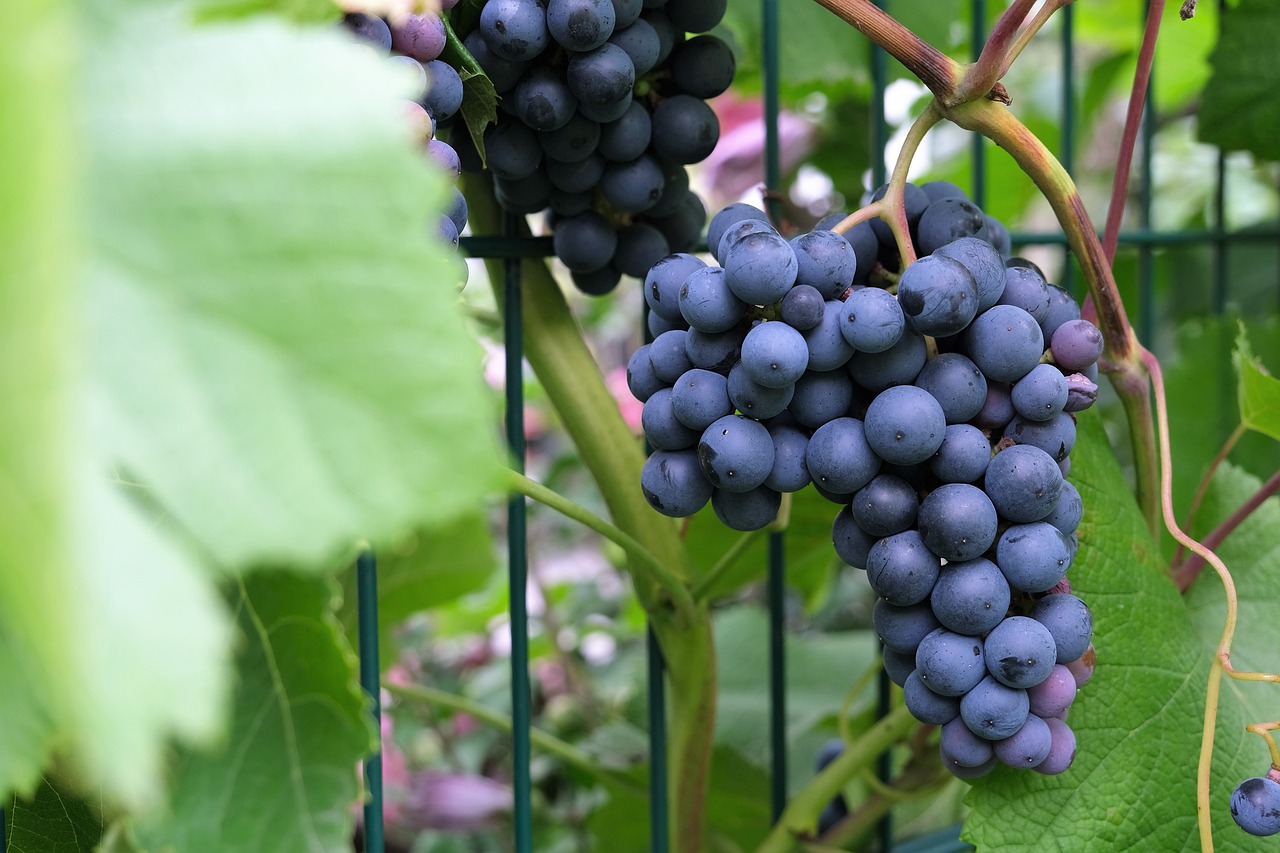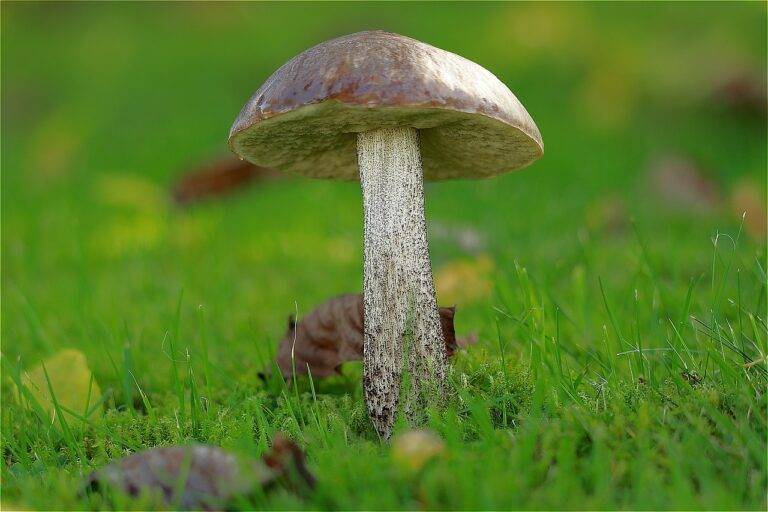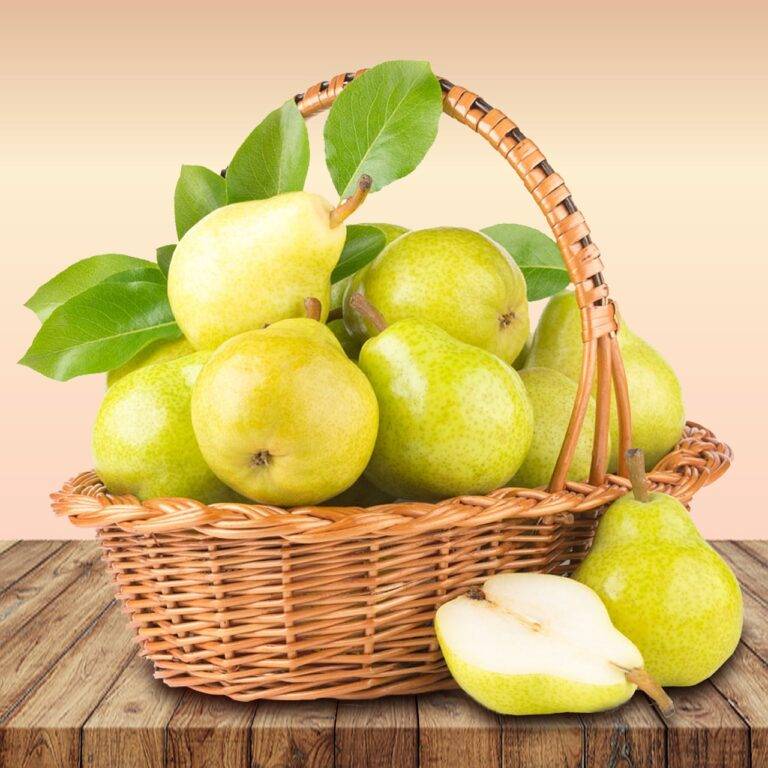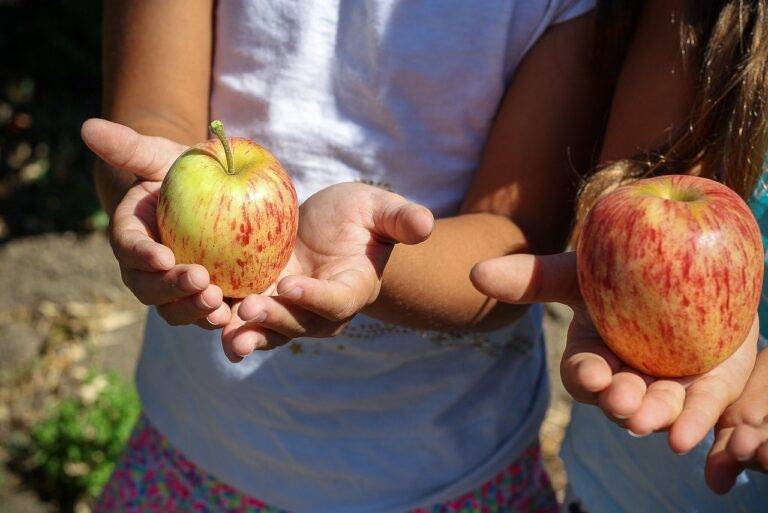The Art of Food Preservation: Rediscovering Age-Old Techniques
Our ancestors relied on various methods to preserve food before the advent of modern refrigeration. One technique commonly used was drying food, where fruits, vegetables, and meat were dehydrated under the sun or in ovens. This process helped remove moisture from the food, preventing the growth of bacteria and mold that could spoil it.
Another preservation method employed by our ancestors was pickling. Vegetables, fruits, and even meats were submerged in brine or vinegar solutions to create a hostile environment for bacteria. This acidic environment made it difficult for harmful microorganisms to thrive, extending the shelf life of the preserved food items.
Benefits of Food Preservation
Preserving food through techniques like pickling, drying, and smoking has been practiced for centuries by our ancestors. One significant benefit of food preservation is that it allows food to be stored for longer periods without spoiling, reducing food waste and ensuring a stable food supply. This was especially crucial in ancient times when food scarcity was common and refrigeration did not exist.
Moreover, food preservation helps retain the nutritional value of the food. By preventing the growth of harmful bacteria and fungi, preserved food can maintain its vitamins, minerals, and other essential nutrients for an extended period. This ensured that our ancestors had access to a variety of foods even during seasons of scarcity, helping them maintain a balanced diet year-round.
What are some traditional techniques used by our ancestors to preserve food?
Some traditional techniques include drying, smoking, salting, fermenting, and pickling.
What are the benefits of food preservation?
Food preservation helps to extend the shelf life of food, reduce food waste, retain nutrients, and ensure availability of food during off-seasons or emergencies.
How does food preservation help reduce food waste?
By preserving food, we can prevent it from spoiling and becoming unusable, thus reducing the amount of food that gets thrown away.
Does food preservation affect the nutritional value of food?
Depending on the preservation method used, some nutrients may be lost. However, overall, food preservation can help retain nutrients by slowing down the natural degradation process.
Can food preservation help save money?
Yes, by extending the shelf life of food, you can avoid having to throw away spoiled food and save money on grocery bills.





